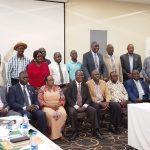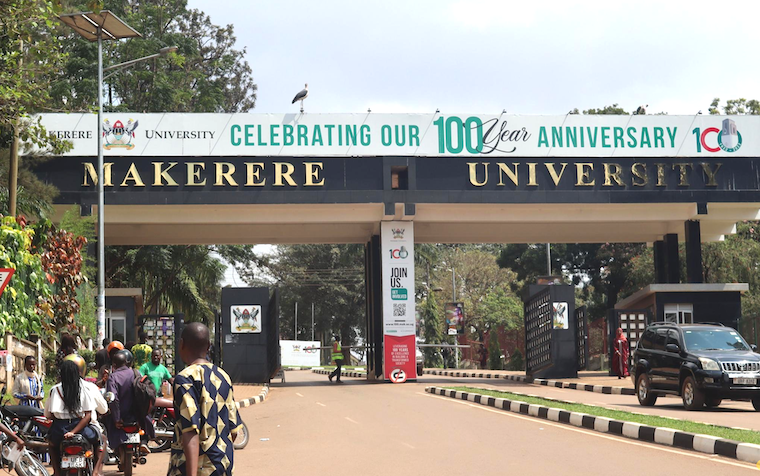(Kampala) – The launch of an anti-tick vaccine factory in Uganda has been delayed due to a funding shortfall of Shs60 billion, caused by a last-minute adjustment in the national budget. The National Agricultural Research Organisation (NARO) had been scheduled to begin commercial production of the vaccine in January 2025, but the funding was cut before the budget’s final approval.
Agriculture Minister Hon. Frank Tumwebaze shared the news during a meeting with the sectoral committee in Parliament on Friday, January 17, 2025. He explained that the funding had originally been included in the 2024/2025 national budget, but was excluded in the final version due to a change made at the last minute. As a result, the project will miss its January target for production.
This delay is part of a larger financial challenge faced by the Ministry of Agriculture, Animal Industry, and Fisheries. The Ministry is requesting additional funds amounting to Shs600 billion to support various agricultural initiatives, including research, genetic development, and the production and distribution of seeds.
Minister Tumwebaze also highlighted a shortfall of Shs240 billion required for mechanization and irrigation projects. Among these, Shs65 billion is needed for the construction of valley dams, which are essential for livestock watering and agricultural irrigation. These funding gaps have raised concerns about the ministry’s ability to effectively implement critical agricultural interventions.
In addition to these issues, the Minister emphasized the need for Shs5 billion to establish the Food and Agricultural Authority. This new authority would focus on controlling the influx of counterfeit agricultural inputs and ensuring food safety across the country.
Tumwebaze referred to recent discussions at the African Union Summit, where the need for increased public sector investment in agriculture was emphasized. The summit, which adopted the CAADP Strategy, called for African governments to allocate at least 10 percent of their national budgets to agricultural development. This recommendation aligns with the goals set out in the 2003 Maputo Declaration and the 2014 Malabo Declaration, which aimed to improve food security and agricultural growth across the continent.
Maj. Gen. (Rtd) David Kasura-Kyomukama, the permanent secretary at the Ministry of Agriculture, added that a total of Shs1.689 trillion is needed for all agricultural entities in Uganda for the 2025/2026 financial year. The Ministry alone requires Shs850.7 billion to carry out its planned activities.
Members of Parliament raised concerns over the ongoing issues within the agricultural sector, including the completion of irrigation projects. Hon. Rachel Magoola and Hon. Robina Rwakoojo pointed out that incomplete irrigation systems were limiting access to water for farming communities. They urged the Ministry to ensure that valley dam projects, which had been previously discussed by the committee, are properly funded and completed.
Hon. John Lematia also expressed frustration over the discrepancies between the allocated funds for valley dam construction and the actual work on the ground. The committee is urging the Ministry to address these concerns and ensure that the necessary infrastructure is put in place for sustainable agricultural production.




















